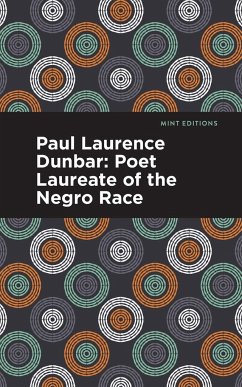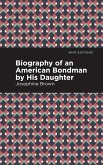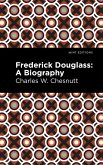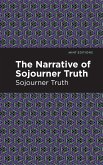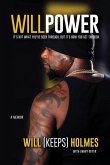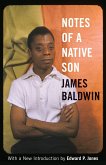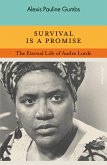Paul Laurence Dunbar: Poet Laureate of the Negro Race (1914) is a pamphlet on American poet Paul Laurence Dunbar. Published nearly a decade after Dunbar's untimely death, Paul Laurence Dunbar: Poet Laureate of the Negro Race contains three essays on his life, his legacy, and his importance to American literature. Born in Dayton, Ohio, Dunbar was the son of parents who were emancipated from slavery in Kentucky during the American Civil War. In 1893, he published Oak and Ivy, a debut collection of poetry blending traditional verse and poems written in dialect. Over the next decade, Dunbar wrote ten more books of poetry, four collections of short stories, four novels, a musical, and a play. In his brief career, Dunbar became a respected advocate for civil rights, participating in meetings and helping to found the American Negro Academy. His lyrics for In Dahomey (1903) formed the centerpiece to the first musical written and performed by African Americans on Broadway, and many of his essays and poems appeared in the nation's leading publications, including Harper's Weekly and the Saturday Evening Post. Diagnosed with tuberculosis in 1900, however, Dunbar's health steadily declined in his final years, leading to his death at the age of thirty-three while at the height of his career. Alice Dunbar-Nelson, in her essay, reflects on the man her husband was, a "true poet" who "reached out and groped for the bigness of the out-of-doors, divining all that he was afterwards to see." In his piece, classical scholar William S. Scarborough argues for Dunbar's importance to African American history as "the first among ten million," as a man who "did not inherit, [but] originated." To close the collection, Reverdy C. Ransom briefly eulogizes a poet whose loss was a blow to a people and a nation, whose name must be spoken in the same breath as Wheatley, Browning, Shelley, Burns, Keats, and Poe. More than anything, Paul Laurence Dunbar: Poet Laureate of the Negro Race cements his reputation as an artist with a powerful vision of faith and perseverance who sought to capture and examine the diversity of the African American experience. With a beautifully designed cover and professionally typeset manuscript, this edition of Paul Laurence Dunbar: Poet Laureate of the Negro Race is a classic of African American literature reimagined for modern readers.
Hinweis: Dieser Artikel kann nur an eine deutsche Lieferadresse ausgeliefert werden.
Hinweis: Dieser Artikel kann nur an eine deutsche Lieferadresse ausgeliefert werden.

